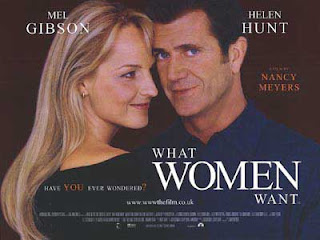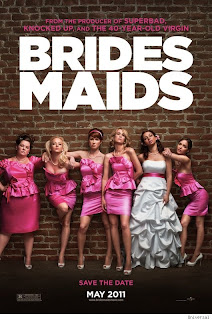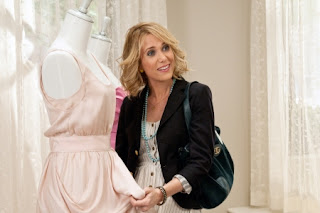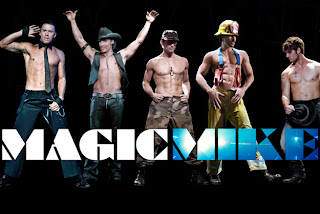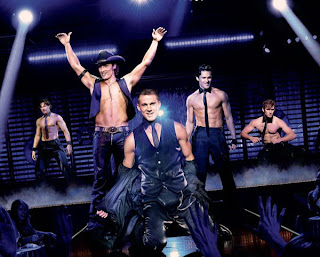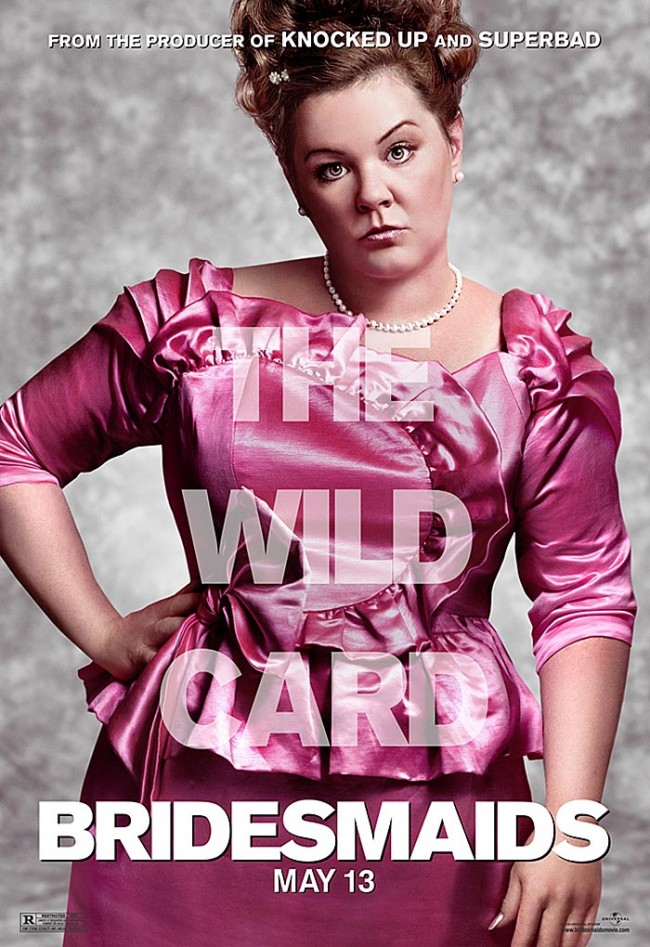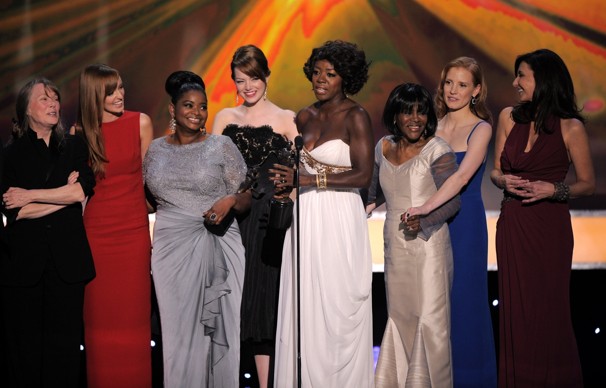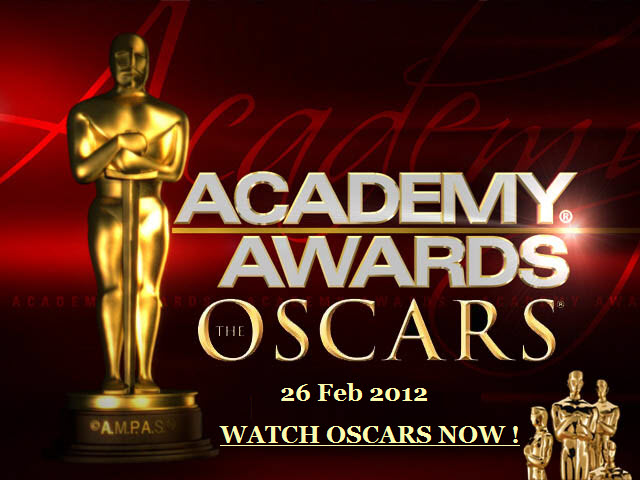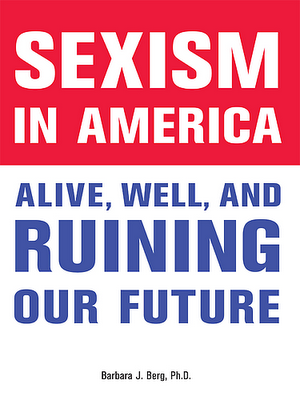———-
Fatsronauts 101 is a series in which I address assumptions and stereotypes about fat people that treat us as a monolith and are used to dehumanize and marginalize us. If there is a stereotype you’d like me to address, email me.
[Content Note: Fat bias; dehumanization.]
#3: Fat people are jolly/mean, and fat people are shy/loud.
These are a whole bunch of temperamental stereotypes about fat people, but these are probably the most common—and let us note the immediate irony that they can be conveniently grouped into two dichotomous pairs!
Fat people are jolly! Except for how we’re all mean. And fat people are shy! Except for how we’re all so loud and obnoxious.
How can all of these conflicting stereotypes about fat people be true?! Spoiler Alert: None of them are!
Obviously, not all fat people are jolly, nor are all fat people mean, and not all fat people are shy, nor are all fat people loud. Like any sweeping generalization made about any group, these are just garbage observations offered by people who attempt to justify their biases with dehumanizing monolithic narratives. Whoooops your bigotry!
Fat people, being actual human beings and all, experience a spectrum of emotions and have individual complex personalities, most of which can’t be contained in a single reductive adjective.
That said, it’s informative to examine exactly why these particular stereotypes are so ubiquitous.
The Jolly Fatty. The Jolly Fatty is a very recognizable stereotype, especially but not uniquely in the West. Children in many cultures are introduced to the Jolly Fatty in the form of a gentleman you may have heard of named Santa Claus, aka Father Christmas, aka St. Nick—red-cheeked and perpetually grinning, his big round belly jiggling as he “ho-ho-ho”s his way into their hearts.
The Jolly Fatty is also a staple in comedic duos (Laurel & Hardy, Abbott & Costello), trios (The Three Stooges), and troupes (Chris Farley, Horatio Sanz, Kenan Thompson, et. al. on SNL; John Candy on SCTV). Generally, the Jolly Fatty in comedic groups has been a male stereotype, owing primarily to the misogynist stereotype that women aren’t funny, full-stop. But as female comedic groups emerge, the Jolly Fatty Female Edition emerges, too, e.g. Melissa McCarthy in Bridesmaids and Phyllis Smith on The Office.
Partly, the Jolly Fatty exists because it’s fun to laugh at fat people just because we’re fat. Partly, it exists because it’s fun/amazing to see fat people engaging in exuberant activities that we’re allegedly unable to do. Chris Farley was a master at physical comedy, and the legendary Chippendales SNL sketch with Patrick Swayze is a classic example of being exhorted to laugh at the fatness of, but also the unexpected physical prowess of, a Jolly Fatty. Kevin James routinely plays the hilariously gravity-defying fat guy. After watching Paul Blart, I observed: “[The most depressing thing about the film is] that Kevin James is a fat guy who can move! He can run and jump and do somersaults, and he was kick. ass. on that Segway—had it doing all kinds of tricks. It was so sad that the movie was so rife with fat-hating stereotypes, because Kevin James himself actually defies so many of them!” The Jolly Fatty isn’t meant to break down stereotypes, though: The Jolly Fatty is meant to play to them for laughs.
And partly, the Jolly Fatty exists because real, live, actual fat people who aren’t created by or dependent on the media use a façade of cheeriness as a self-defense mechanism.
That’s not to say there are not fat people who are naturally happy. I’m dispositionally disposed to contentment myself. But that is a very different thing from a consciously constructed veneer of impenetrable ebullience worn like armor into a hostile world. I know the difference—because I have worn that armor myself.
It is terribly easy to slip into the always-accessible costume of the Jolly Fatty, because people are nicer to the Jolly Fatty than to a real, complex, vulnerable fat human being. I’ve said before that being publicly, shamelessly, unshakably fat and happy is an act of both will and bravery—and, the truth is, being publicly, shamelessly, unshakably fat and not-happy about things other than your fatness is even harder.
The thing is, affecting the Jolly Fatty is most useful/necessary around people who are fat-haters, between whom and ourselves fat people feel obliged to construct a deflective artifice of self-protection off of which can bounce the judgment and bullying central to fat hatred.
It’s not a coincidence that it’s fat-haters who most readily pronounce all fat people to be jolly. It’s because their bigotry results in inauthentic interactions with fat people.
The Mean Fatty. It’s also not a coincidence that it’s fat-haters who are most likely to declare all fat people to be mean. The fact is, if you go around treating fat people like shit, it’s no wonder most of us aren’t bundles of joy in your presence.
The Mean Fatty is similarly a familiar comedic staple. John Belushi and Jon Lovitz generally played Mean Fatties on SNL—or some variation of mean, e.g. grumpy, acerbic, bitter. Comedic foils and villains are often rotund—Pee-Wee Herman’s nemesis Francis is an iconic over-indulged, gluttonous, greedy Mean Fatty. The Coen Brothers also love a good Mean Fatty, and Disney routinely associates fat with villainous.
The Mean Fatty is also a more dramatic staple, showing up especially in dramatic fare for kids as a bully who makes like difficult for the thin protagonist—the classic ginger-haired, freckle-faced, chubby bully in his striped brown shirt, hurling snowballs or snarling epithets with a lisp at our long-suffering hero.
Partly, the Mean Fatty exists because it’s fun to hate fat people just because we’re fat. Partly, it exists because it reinforces—and validates—preexisting prejudices against fat people. It’s okay to hate them; look, they’re all nasty, anyway.
And partly, the Mean Fatty exists because there are real, live, actual fat people who are “mean” specifically around their fatness. And by “mean,” I mean defensive.
Which, of course, is meant to be A Terrible Thing—especially since we all know that fat people are supposed to be jolly! Fat people are supposed to make preemptive self-deprecating jokes about our own fat to diffuse the awkward situation of your quietly judging us! We’re not supposed to get all testy about being quietly (or not-so-quietly) judged by people who have decided to make our bodies their business! GEEZ! THE NERVE OF THOSE MEAN FATTIES!
You know the old saying that everything looks like a nail when you’re holding a hammer? Well, maybe every fatty looks mean when you’re a fat-hater.
The Shy Fatty/The Loud Fatty. I’ll take these two together. These are variations on the same stereotypes about members of all marginalized groups, which pivot around an invisible centerpoint of perfection in which the marginalized person is not too quiet/compliant/disengaged from activism around hir identity, but is also not too loud/defiant/engaged with activism around hir identity.
To fail to take a position is too quiet. To take a position in opposition to the narratives, stereotypes, and people which oppress us is to be too loud.
Basically: We are meant to have opinions, but only those which echo the opinions of our oppressors.
(See how that works?)
The Shy Fatty and Loud Fatty function in tandem as a way for people with thin privilege to deflect blame for fat hatred back onto fat people: Shy Fatties don’t speak up and demand better treatment. Loud Fatties are always shoving their fat in people’s faces and making them resentful of fat. Two extremes who fail to find the perfect balance in which fat people command respect in precisely the right tone.
The Shy Fatty and Loud Fatty stereotypes also exist partly because there are a lot of shy fat people whose shyness is inextricably linked with their fatness, who chose to withdraw and be as invisible as possible in an attempt to avoid attention on their transgressive bodies, and because there are a lot of loud fat people whose loudness is inextricably linked with their fatness, who choose to be boisterous and as visible as possible in a rejection of the cultural pressure to take up less space—to hunch, to crouch, to fold, to squeeze, to be unseen.
These stereotypes, when reflected in actual fat people, are reactions to fat hatred. And thus are they seen primarily by people who routinely express fat hatred and/or unexamined thin privilege.
It’s a self-reinforcing cycle of bullshit, which is broken by creating spaces in which fat people can express without fear of shame, hatred, or retribution the full spectrum of their emotional lives.
Presuming all fat people are all one thing—besides, ya know, deserving of respect—is failing to provide that sort of space.
She lives just outside Chicago with three cats, two dogs, and a Scotsman, with whom she shares a love of all things geekdom, from Lord of the Rings to Alcatraz. When she’s not blogging, she can usually be found watching garbage television or trying to coax her lazyass greyhound off the couch for a walk.
